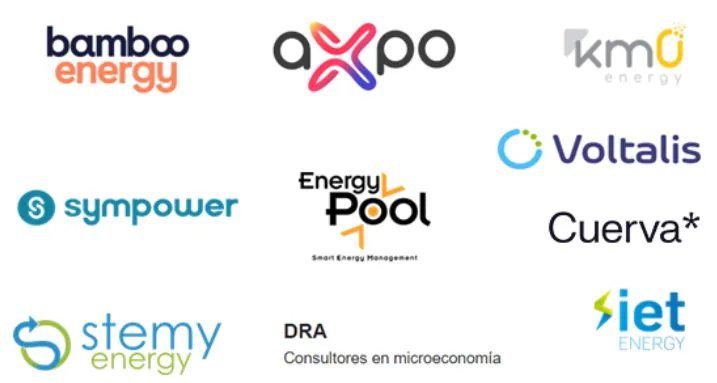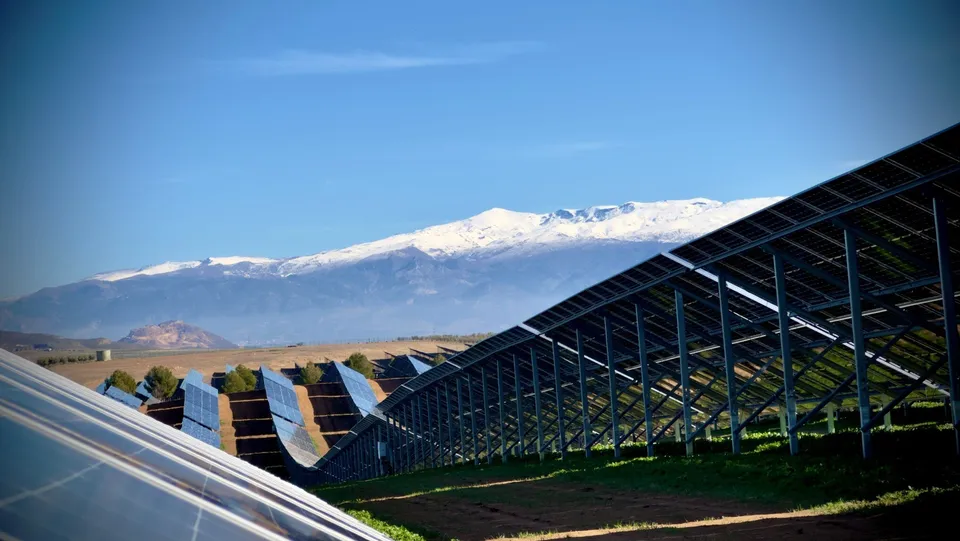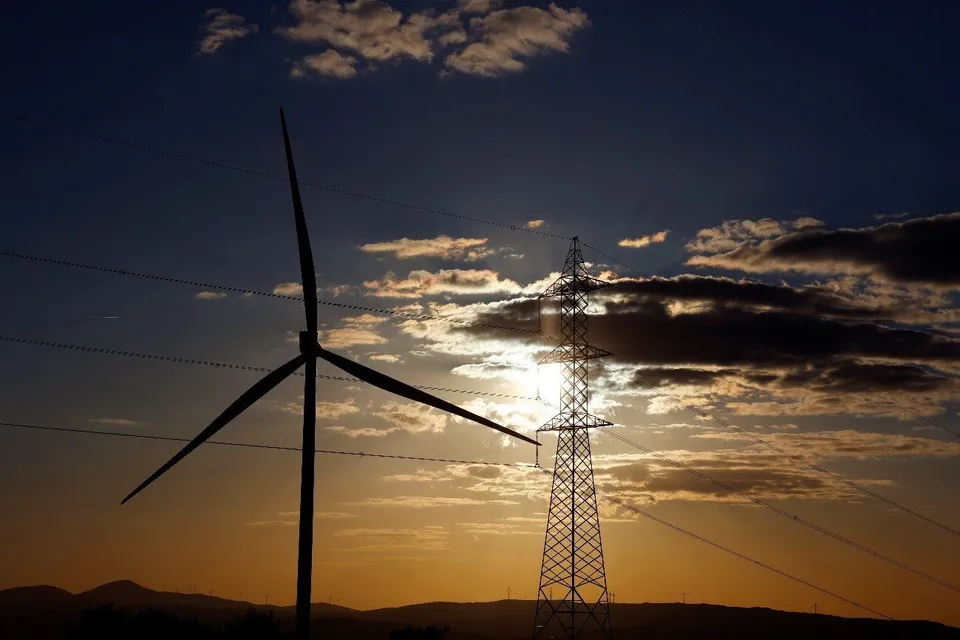Manifesto for demand flexibility in Spain


This manifesto for demand flexibility in Spain proposes reducing domestic electricity consumption during peak hours by 5%.
Cuerva, along with other companies in the sector such as Bamboo Energy, Axpo, David Robinson, Energy Pool, iet energy, Km0 Energy, Stemy Energy, Sympower and Voltails aims to open the Spanish market to demand flexibility to help reduce the costs of the energy system for the benefit of all consumers.
This public declaration of principles and intentions is crucial to the development of the legislative and procedural framework required to enable the introduction of demand flexibility into the Spanish market and facilitate the aforesaid cost reductions.
Manifesto for implementation of demand flexibility in Spain
The ecological and energy transition in which we are immersed is a condition sine qua non to address the climate emergency. We are convinced it must constitute a key lever to build a fairer, more sustainable and durable economic recovery over time.
The signatories to this manifesto consider that 1) in accordance with Directive (EU) 944/2019 on common rules for the internal electricity market, implementation of a legislative and procedural framework that enables the introduction of demand flexibility into the Spanish market is a key condition for a successful transition, and 2) incentivising demand flexibility management is urgent because it can contribute to reducing energy system costs for all consumers. Therefore, we urge the competent regulatory and governmental bodies to implement a Domestic Demand Flexibility Strategy in Spain.
We understand demand flexibility to mean the capacity of consumers to reduce, increase, or shift their energy demand by managing their consumption, generation or storage resources over a specific period. The flexibility inherent in Spain’s electricity system has traditionally been provided by large generation plants or pumping stations.
Today, demand flexibility can potentially play an important role in improving a series of parameters such as the integration of renewable and non-manageable power generation, modulation of market prices, provision of system reserves and solutions to network congestion provided it receives the appropriate price signals and its participation is open in all markets[1].
Firstly, implementation of aggregated demand flexibility is a key element to achieve the decarbonisation goals set for the electricity system in the National Integrated Energy and Climate Plan (PNIEC) and the revised objectives of the European Green Deal[2]. The increase in renewable generation and the expected electrification of demand will require a greater volume of flexible resources to ensure sustainable system balance and security. Demand flexibility and storage will be key components in this respect. In fact, a recently-published study by the International Energy Agency that analyses a zero-emission scenario by 2050[3] argues that the degree of flexibility in the electricity system will need to be multiplied by four. It also identifies batteries and demand response as the main flexibility sources in place of traditional sources such as coal, natural gas and oil.
Secondly, spot market prices increased more than 400% in the last quarter of 2021 compared to the same quarter in 2020. The impact of these price hikes has been exacerbated by the war in Ukraine, leading to record-breaking spot market prices in excess of € 500/MWh. This price crisis has significantly increased[4] electricity costs for consumers, especially those exposed to the spot market, giving rise to production shutdowns in the industrial sector[5] and impacting the financial situation of Spanish families. In view of this scenario demand flexibility – especially aggregated flexibility – is more important than ever as a tool to contribute to reducing the energy costs for consumers in three different ways: 1) Enabling adjustment of manageable demand to hours with higher renewable generation and more competitive prices. 2) Adding value to the wholesale market by participating not only in balancing services but also across the board in all electricity markets[6] and 3) Moderating price volatility on the daily market[7].
Thirdly, the high price of electricity is exacerbating the effects of the economic crisis caused by COVID-19 on the competitiveness of the Spanish economy. Implementation of demand flexibility would not only contribute to moderating the energy costs borne by all consumers, but could also have a salutary impact on the economy in general and job creation in particular. The UK Market Flexibility Strategic Plan to 2050[8], published in 2021, estimates that the domestic market for smart systems and flexibility solutions will contribute more than £ 1.3 billion per annum to the nation’s GDP and create more than 10,000 jobs.
Finally, it should be noted that the European Commission has sent a formal letter[9] to Spain as a reprimand for the country’s delay in notifying transposition of Directive (EU) 2019/944 on common rules for the internal electricity market. The deadline for transposing this Directive into Spanish law expired on 31 December 2020 but as of today, Spain has only transposed part of the Directive, opening balancing of the markets only to demand through retailers.
For all the above reasons, the signatories to this document urge regulatory bodies and stakeholders in the Spanish electricity sector to expedite the required changes that would enable and foster implementation of demand flexibility in line with the European regulatory framework derived from the Clean Energy Package. This includes developing a strategic, incentivising framework to address the aforesaid challenges. In this respect, we urge regulatory and governmental bodies to implement a National Demand Flexibility Strategy that defines the current state of the sector that would include an assessment of its potential, the challenges it faces, the goals it must achieve and a specific action plan that provides a clear signal to the sector to contribute to meeting them.
This is the right time to propose this initiative. The National Recovery, Transformation and Resilience Plan together with the new Save Gas for a Safe Winter plan[10] provide an ideal framework to accelerate implementation of demand flexibility and incorporate it as a key element of the Spanish electricity system to foster participation of all consumers and new players in the energy transition such as independent aggregators and energy communities.
We are at your entire disposal to discuss the points set forth in this Manifesto in further detail.
Signed by:
- Axpo
- Bamboo Energy
- David Robinson - DRA - microeconomics consultants
- Energy Pool
- iet energy
- Km0 Energy
- Stemy Energy
- Sympower
- Voltalis
- Cuerva
[1] ACER's Final Assessment of the EU Wholesale Electricity Market Design Report.
[2] Objectives set forth in the European Green Deal.
[3] IEA (2021) Net Zero by 2050, IEA, Paris.
[4] OCU (2021). Monitoring electricity prices.
[5] Partly due to industrial shutdowns in response to high wholesale market prices, electricity demand in the Spanish electric power system in January 2022 was 5% lower than the previous year.
[6] Currently, demand flexibility can only participate in balancing services managed by the Spanish National Grid (REE) in accordance with the conditions laid down in the following Resolution of the Spanish National Markets and Competition Commission (CNMC).
[7] Refer to the study “Final Results Study on the Quantification of Demand Response (DR) Benefits to Electricity Suppliers and Consumers in Europe in 2030 on its Way to Achieving Deep Decarbonisation” by DR4EU.
[8] OFGEM (2021). Smart Systems and Flexibility Plan.
[9] Letter of formal notice Article 258 TFEU - Article 260(3) TFEU
[10] European Commission communication





